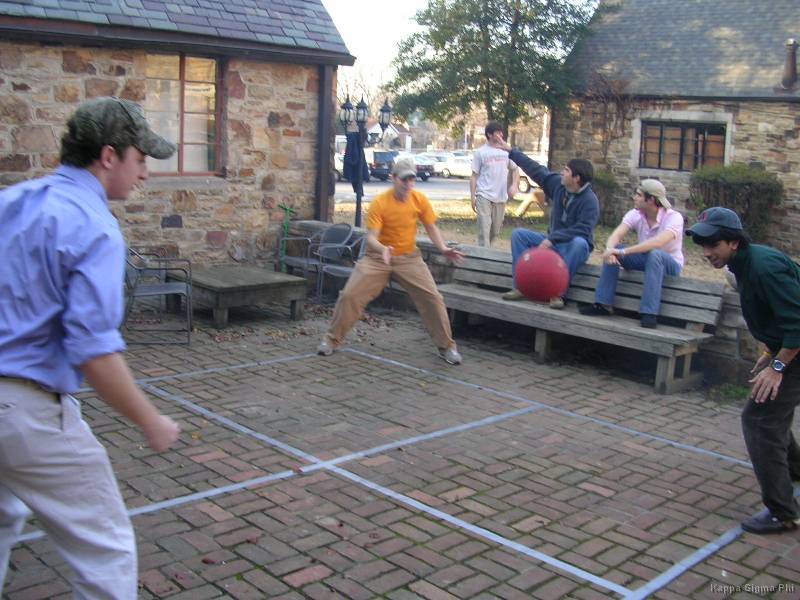It’s one of the oldest questions in Affiliate Marketing: to direct link or not to direct link? Google made their stance on the issue pretty clear when they all but banned direct linking on AdWords. Now they don’t even like so-called “bridge pages” which lead to affiliate offers with little content on them.
But still, traffic sources such as Facebook and PPV still allow for direct linking. I get asked almost every single day whether you should direct link a campaign or create a landing page for it. Unfortunately, there is no hard and fast answer. The truth is (and has always been) that some campaigns work better direct linked and some work better with landing pages. Neither method works better all of the time. You need to test it out.
That being said, a strategy that I have seen work well for affiliates is to direct link a campaign to quickly evaluate whether or not it has potential before they go to the trouble of building out a landing page. Especially if it is in a brand new niche that you have not promoted before, where you don’t have any creatives or landers sitting around ready to be used.
It’s easy to throw together a direct link campaign on PPV or Facebook. Run some traffic to it, and if you are getting enough conversions to break even, or even just under, it’s a good sign that the offer has some life to it. That’s when you can buckle down and put together a landing page to bring the ROI into the black and start making money.


 Earlier today I was talking to an affiliate friend of mine and World of Warcraft came up. Being a recovering WoW addict myself, it got me thinking about the concept of why these games are so popular. The gameplay isn’t entirely original, they use the same basic mechanics of the Role Playing Games that have been a video gaming staple ever since the original Nintendo Entertainment System was released. It’s also not that they are the latest and greatest games out there. In fact, most of these games (including WoW) have been around for many years. It is certainly not the allure of the best graphics and technological breakthroughs that makes these games so addicting. So what is the secret sauce?
Earlier today I was talking to an affiliate friend of mine and World of Warcraft came up. Being a recovering WoW addict myself, it got me thinking about the concept of why these games are so popular. The gameplay isn’t entirely original, they use the same basic mechanics of the Role Playing Games that have been a video gaming staple ever since the original Nintendo Entertainment System was released. It’s also not that they are the latest and greatest games out there. In fact, most of these games (including WoW) have been around for many years. It is certainly not the allure of the best graphics and technological breakthroughs that makes these games so addicting. So what is the secret sauce?
